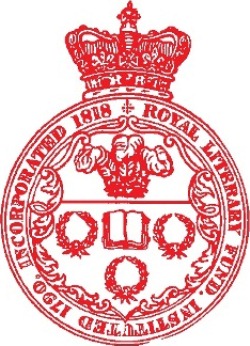The RLF can rank among its beneficiaries such luminaries as Leigh Hunt, Joseph Conrad, Mervyn Peake, and James Joyce; as well as the widow of Robert Burns. Originally financed by subscribers, today the Royal Literary Fund counts amongst its income the estates of A.A. Milne, Rupert Brooke, G.K. Chesterson, and W. Somerset Maugham. The Fund was able to add "Royal" to its title in 1842, owing to the support of Prince Albert. An excellent short history of the RLF is available on their website as a .pdf.
The Royal Literary Fund currently manages permissions for use of Henry Reed's poems and plays. As a not-for-profit organization, the Fund must report its income to the Charity Commission, which registers and regulates charities in England in Wales. On the Charity Commission's website are financial statistics, as well as annual reports. In the latter, we can glean some numbers for Henry Reed's annual royalty income since 2004:
2011: £1,411 (~$2,284)In 1946, Reed surmised that a writer might survive on £1,000 a year. He might have settled for W. Somerset Maugham's royalties, which amounted to £139,723 in 2011, or the profits from the Pooh Properties Trust, which took in £127,500. Or, perhaps, he could take comfort in the fact that Rupert Brooke himself made a mere £220.
2010: £1,288 (~$1,993)
2009: £270 (~$418)
2008: £1,835 (~$2,840)
2007: £2,185 (~$3,381)
2006: £1,543 (~$2,388)
2005: £706 (~$1,093)
2004: £1,948 (~$3,015)








